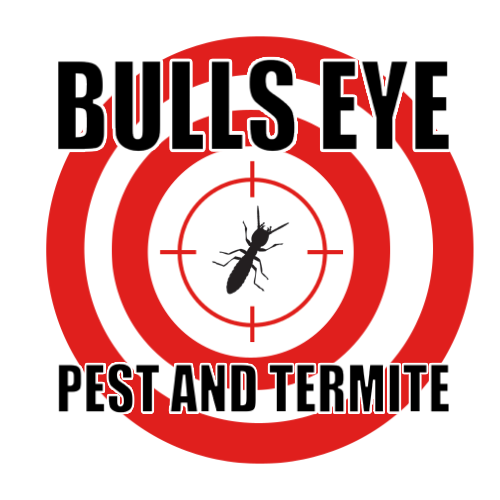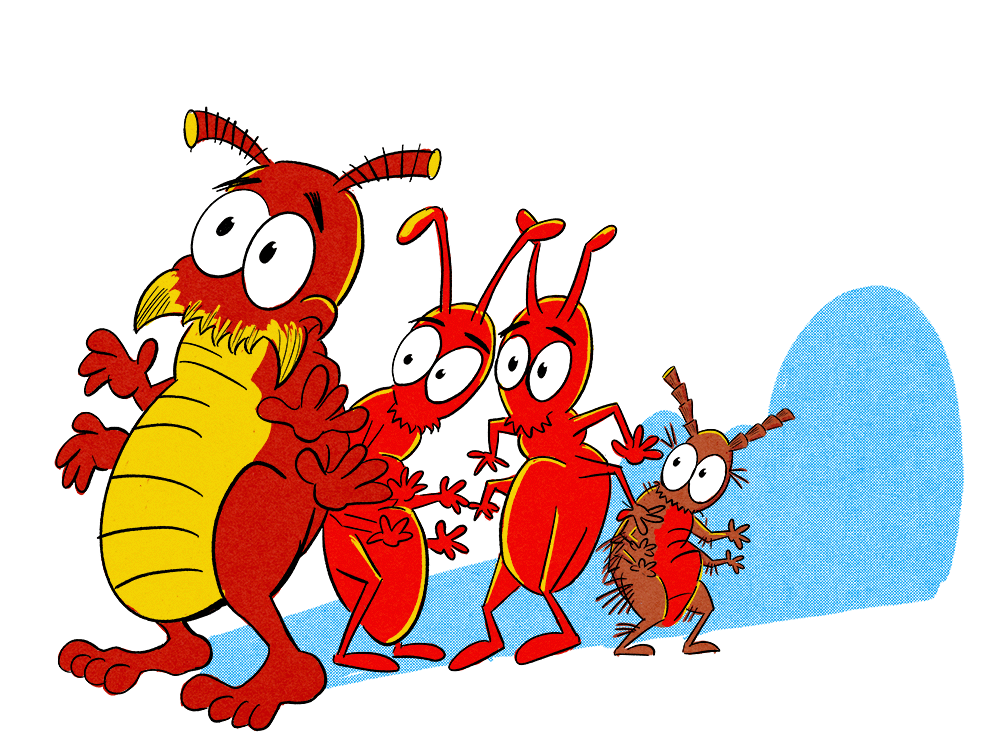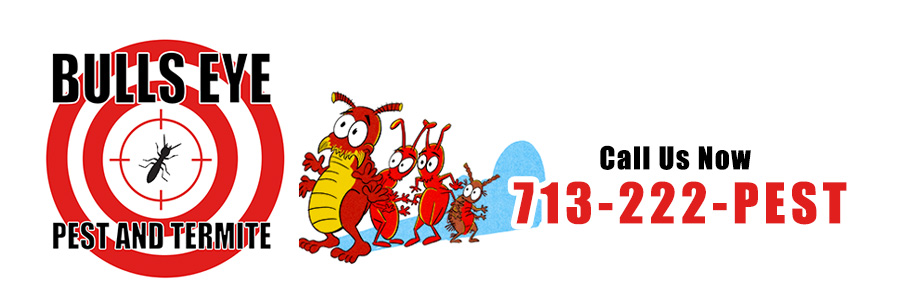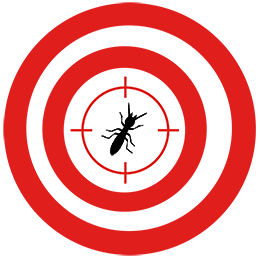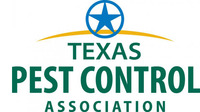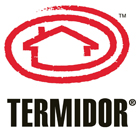Houston Pest Guide: Rodents
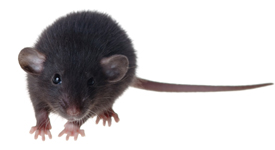
Rodents are a significant pest problem in Houston. Houston is a densely-packed city, and with Houston's loose zoning you'll often find restaurants and stores right beside houses and apartments. This density means it's easy for rats and mice to find food from dumpsters and trash cans in the alleys and then scurry over into your neighborhood.
Rodents can be highly destructive, shredding insulation, gnawing through wood and drywall, and even chewing on electrical cables.
Beyond just being a nuisance pest, rats and mice can also carry dangerous diseases. Finding evidence of rats and mice in your home should be taken seriously, and knowing what kind of rodent you’re dealing with can be helpful in knowing how to get rid of them.
Some of the most common types of rodents found in Houston include:
Norway Rat
The Norway rat, or common sewer rat, is a large rat that can grow up to 10 inches, even without the tail. The Norway rat has grayish-brown fur covering its body, except for the hairless feet and tail, and a lighter-colored underbelly. These rats are powerful swimmers and can thrive around Houston’s bayous.
Black Rat
The black rat, or roof rat, has dark, soft, smooth fur and a sharply pointed face and large ears. These rats can grow up to a foot in length, including the tail. As the name roof rat suggests, they are very good climbers and can often be seen in Houston walking along tree branches and power lines.
Deer Mouse
The deer mouse is a small mouse identifiable by its multicolored tail. Its coat can range from tawny-colored to shades of grey, white, and black. These mice are native to North America and their range not only includes Texas but almost the entire continent. Deer mice will invade homes in search of food, particularly during colder weather.
House Mouse
The house mouse is small, an adult will reach about four inches from nose to tail, and their colors can range the full scale from white to pitch black. As their name suggests, house mice have become extremely well-adapted to sharing human habitations, and are usually found only in the vicinity of human homes or other buildings.
Meadow Vole
The meadow vole, also known as the field mouse or meadow mouse, is a larger species of mouse that can grow up to 8 inches from the nose to the tip of the tail and is covered with a rough fur that's grayish-brown in color. Meadow voles usually appear plump and have proportionally small eyes and ears. Meadow voles do not often enter homes, but they can be extremely damaging to lawns and gardens.
White-Footed Mouse
The white-footed mouse, also known as the woodmouse, can be identified by their grey bodies and white underbellies. White-footed mice will most often come into homes in colder weather, seeking food and shelter. They prefer to build their nests near the food source and so are often found in or near kitchens.
Signs of a Rodent Problem
Scratching Sounds
If you're hearing scratching sounds coming from under your floors, in your walls, or in your ceiling it's a good sign that you've got a problem with mice. Rodents can move easily through the gaps walls or ceiling, and their small claws make distinctive scratching sounds as they scurry across wood or drywall.
Seeing Rodent Droppings
Rodent droppings are dark pellets, usually less than 1/4 inch in length and the shape on an elongated grain of rice. Rat droppings will be larger and wider than mouse droppings. Rodents defecate frequently, sometimes more than 50 times in a single day, and their droppings will often be found clustered in a single area.
Smelling Rodent Urine
Rodent urine has a distinct, unpleasantly musty, tangy odor. If there are a significant number of rats or mice around, the smell can be overpowering and can even cause a choking sensation if you confront the odor in a closed space.
Gnawed Food Packages
One of the main reason rats and mice come into homes is to find food. Many dried human foods such as cereals or grains are very attractive to rodents. Small teeth marks on food packaging is almost certainly evidence of rodents inside your home.
Are Rodents Dangerous to People?
Yes. Both rats and mice can spread dangerous diseases. Hantavirus, Salmonella, Lyme disease, and Leptospirosis can all be transmitted to humans by rodents. These diseases can be spread not only by direct contact with the animal, but also through handling rodent droppings or urine, and in some cases even breathing air in a contaminated area.
Rodents can also cause a significant amount of property damage. A rodent’s teeth are continually growing and these animals instinctually gnaw on objects to keep this growth in check. If a rodent gets inside your home, it will chew on insulation, wiring, clothing, paper, exposed wood, and virtually anything else the rodent can get its teeth on.
Take precautions when cleaning up after a rodent infestation:
- Wear either latex or rubber gloves and a high-quality respirator or mask when cleaning any rodent urine or feces.
- Do not directly handle any dead animals.
- Do not consume and immediately discard any food in packaging gnawed by rodents or containing rodent droppings.
How Do I Get Rid of Rodents?
Rodents may come and go from your home, so preventing rodents from entering your home is the first step in preventing an infestation. Making the area around your home less attractive to rodents by elimnating sources of food and shelter is also imprtant.
- Make sure your home is well sealed and their are no entry points for rodents.
- Keep garbage cans well sealed.
- Keep the area around your house clean and free from excessive undergrowth.
Baits and poisons can be effective at killing rats and mice, although these should be used with extreme caution if there are pets or small children in the home.
If you do see signs of rodents in your home, take action because of the potential danger to health and property. Give Bulls Eye a call at 713-222-PEST (7378) and we'll be happy to come out and see you.Request a Quote
713-222-PEST (7378)
By submitting, you agree to receive occasional text messages or emails for appointment reminders and promotions from Bulls Eye Pest and Termite. To opt-out reply STOP at any time. Msg & Data rates may apply.
What Our Customers Are Saying
Adam is a great technician. He listens to his customers and takes his time getting the application right. We have seen a marked reduction in the number of pests getting into our house. Thanks!
Brian
Good communication
Ruben
Derrick was friendly and quick. Always a good job with Bulls Eye.
Miles
Excellent service and advice
Selina
